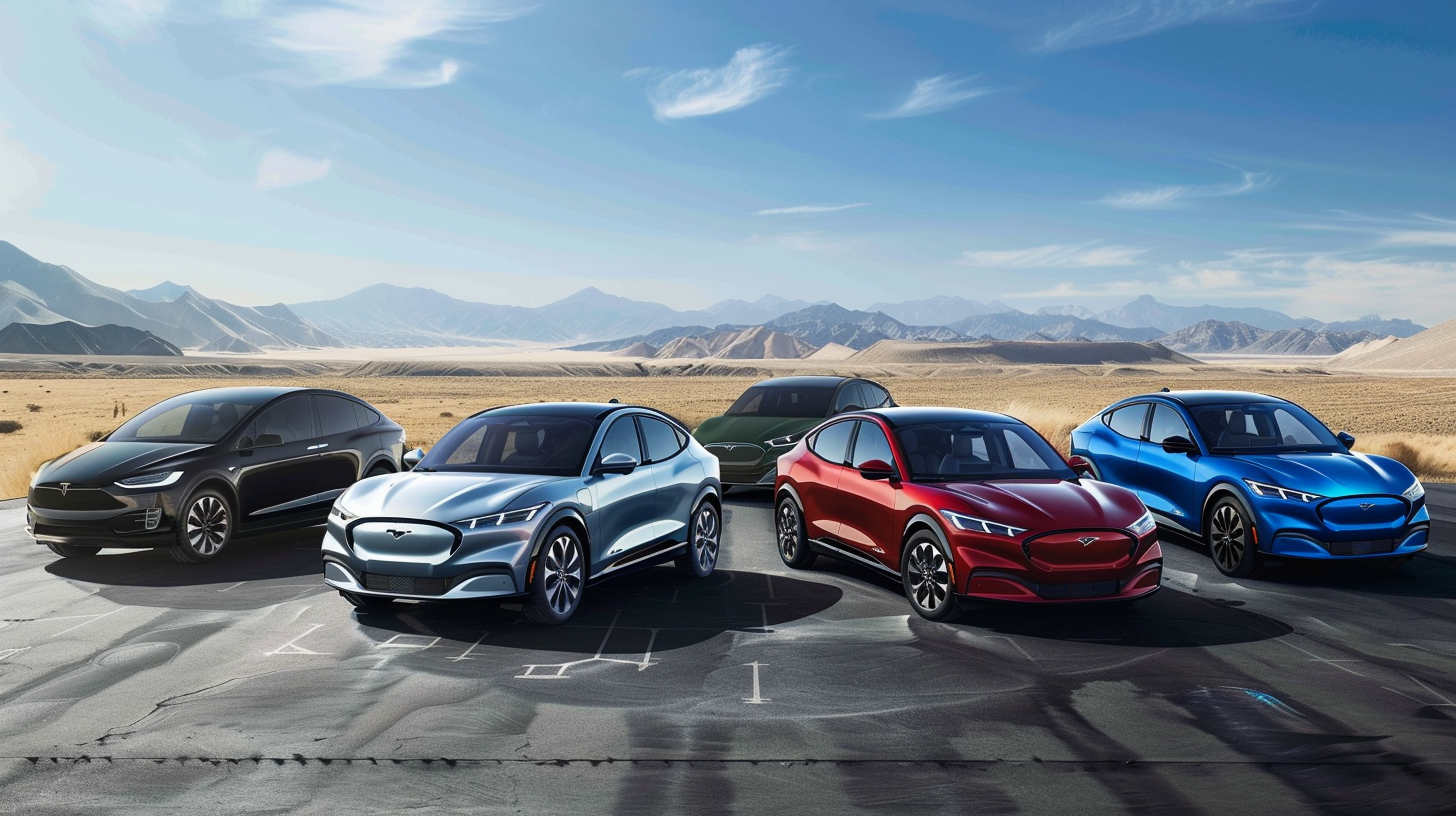Ford Motor Company has pumped the brakes on its plans to rapidly electrify its vehicle lineup, announcing delays for two hotly anticipated all-electric models – a three-row SUV and a pickup truck. The automaker cited the need to allow more time for consumer demand and new battery technologies to develop further before committing to these capital-intensive vehicle programs.
The multi-row electric SUV initially targeted for production in 2025 at Ford’s Oakville, Canada plant has been pushed back to at least 2027. And the electric pickup previously slated for late 2025 is now not expected until 2026. This recalibrated roadmap represents a significant detour from Ford’s earlier aggressive EV roadmap, and has notable implications both for Ford and the overall electric vehicle market trajectory.
For Ford, the delays allow the company to be more judicious with its investments at a time when EV adoption has been slower and more costly than many projected. Ford lost $4.7 billion on its electric vehicle efforts in 2023 alone. By taking a more measured approach, Ford can hopefully time these program launches better with consumer readiness and technological advancements that could make the vehicles more compelling and profitable.
However, the setbacks also risk Ford falling behind leaders like Tesla, Hyundai/Kia, and Chinese EV makers BYD and Xiaomi in the fierce electric vehicle battle. Both Tesla and Hyundai/Kia outsold Ford’s EV lineup in the first quarter of 2024, while BYD is gearing up to launch its first electric pickup truck to challenge Ford in that key segment.
For investors, Ford’s pulled-back EV plans could be seen as a prudent way to limit the staggering losses in that part of the business for now. But it also injects more uncertainty around Ford’s long-term EV positioning and market share outlook. Competition is intensifying rapidly with new electric offerings from virtually every major automaker, including emerging players like Xiaomi looking to grab a piece of the EV pie.
Tesla maintains a clear lead, but its growth has slowed as rivals have released more compelling electric models across more vehicle segments. If companies like Hyundai, GM, Volkswagen, BYD and others can continue gaining traction, Ford could find itself scrambling if it is late to market with mainstream electric SUV and truck options that are so pivotal to its product mix.
The EV delays underscore the challenging transitions legacy automakers face in balancing investments for the electric future while still deriving most of their profits from sales of internal combustion engine vehicles today. Stock investors seem to be giving Ford the benefit of the doubt for now, with shares trading close to 52-week highs. But delivering on execution with these postponed electric models has become even more crucial for Ford to remain relevant and profitable over the long haul as new EV competitors emerge.
